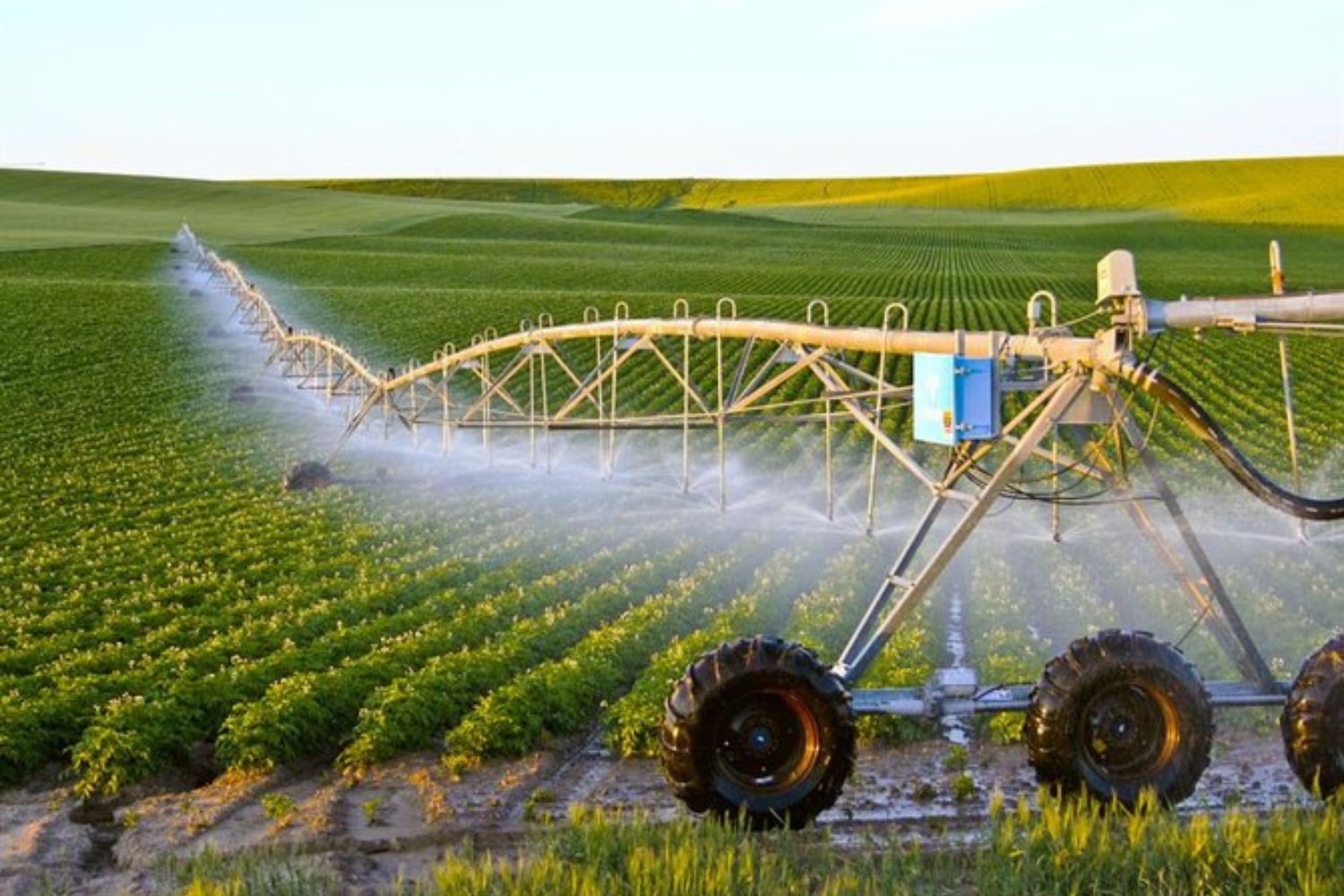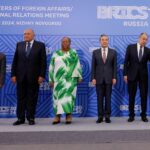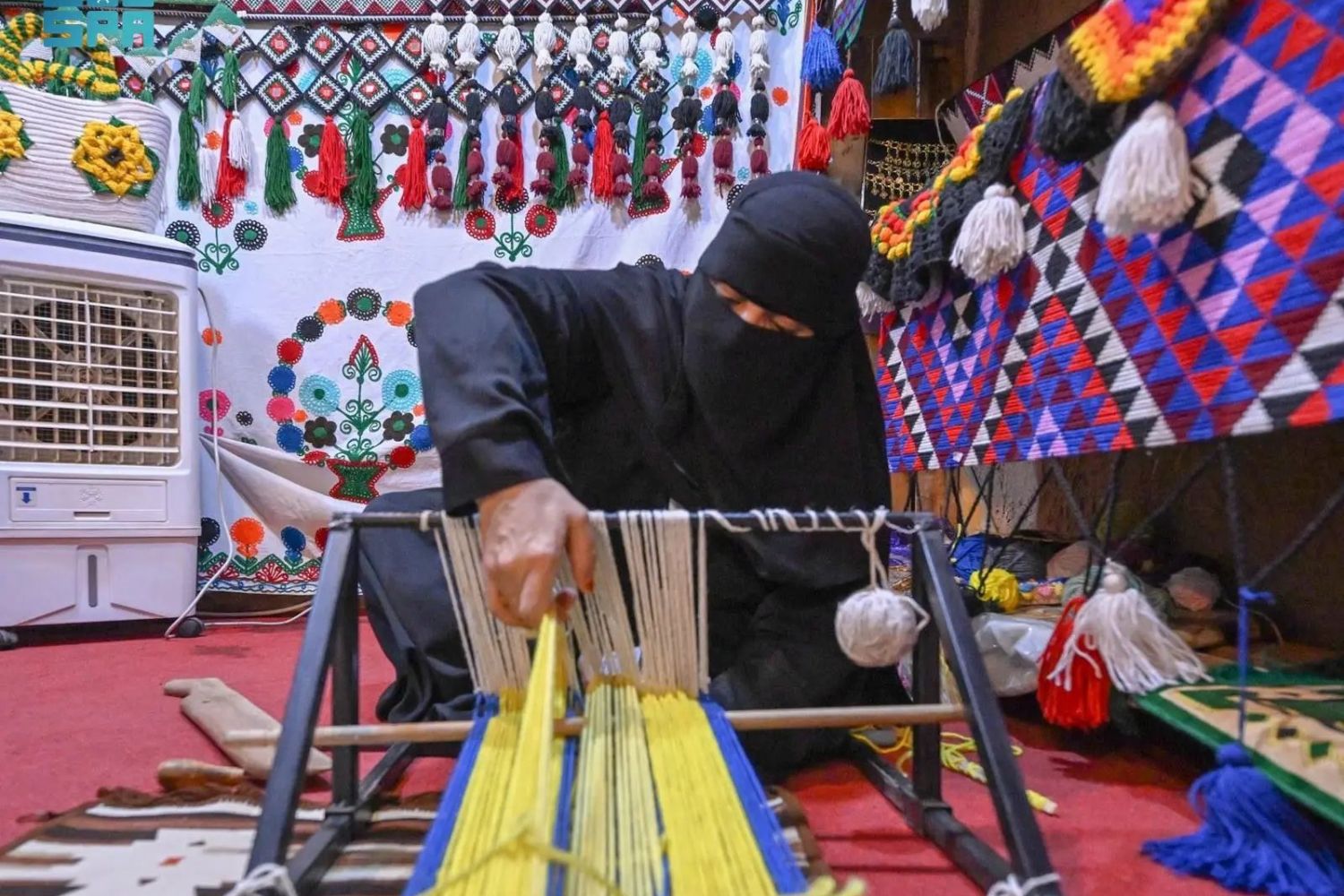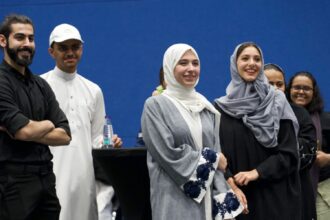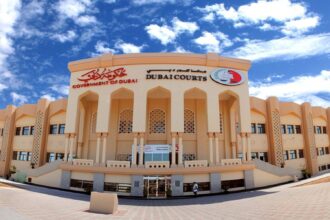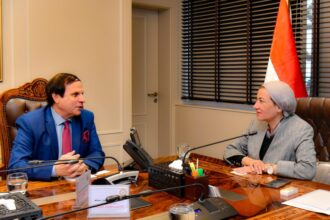Saudi Arabia’s arid climate and limited arable land pose significant challenges to traditional farming. With less than 2% of its land suitable for agriculture, the country relies heavily on food imports, making it vulnerable to global market fluctuations and supply chain disruptions. Additionally, water scarcity is a critical issue, as agriculture accounts for nearly 90% of the country’s water consumption. Overexploitation of groundwater resources has led to the depletion of aquifers, further exacerbating the water crisis.
Wadi Bin Hashbal, the Kingdom’s Guinness World Record-breaking sustainable farm, uses treated water to irrigate its crops. Saudi Arabia, traditionally known for its vast deserts and oil wealth, is charting a new path toward sustainability and food security through innovative agricultural practices. The Kingdom’s Vision 2030, an ambitious plan to diversify its economy and reduce dependency on oil, has placed significant emphasis on developing a sustainable agriculture sector.
This transformation involves integrating modern technologies, efficient water management, and adopting environmentally friendly practices to ensure food security and environmental preservation. To address these challenges, Saudi Arabia is implementing several strategic initiatives and innovations aimed at building a resilient and sustainable agriculture sector. Efficient water management is at the core of Saudi Arabia’s agricultural strategy. The government is investing in advanced irrigation techniques such as drip and sprinkler irrigation systems, which significantly reduce water wastage compared to traditional flood irrigation.
These methods ensure that water is delivered directly to the plant roots, minimising evaporation and runoff.
Additionally, the Kingdom is exploring the use of treated wastewater for agricultural purposes. Recycling wastewater provides an alternative water source, reducing the pressure on freshwater resources. The National Water Strategy 2030 outlines plans to increase the use of treated wastewater in agriculture, aiming to achieve 100% wastewater reuse by 2025. Controlled-Environment Agriculture (CEA) techniques, such as hydroponics, aquaponics, and vertical farming, are gaining traction in Saudi Arabia.
These methods allow crops to be grown in controlled environments, optimising conditions for plant growth and significantly reducing water usage. For instance, hydroponic systems use up to 90% less water than traditional soil-based farming. CEA also enables year-round cultivation, increasing crop yields and reducing the reliance on seasonal variations. The Saudi Greenhouses Company, for example, has successfully implemented hydroponic systems to grow high-value crops like tomatoes and cucumbers, achieving substantial water savings and higher productivity.
Biotechnology plays a pivotal role in enhancing crop resilience and productivity in Saudi Arabia. The Kingdom is investing in research and development to develop genetically modified (GM) crops that are resistant to pests, diseases, and harsh environmental conditions. These crops require fewer inputs, such as water and pesticides, contributing to more sustainable agricultural practices. The Saudi Biotechnology Center, established by the King Abdulaziz City for Science and Technology (KACST), is at the forefront of biotechnological research.
ALSO READ: BRICS Nature Exhibition and Festival opens in Russia showcasing biodiversity
The centre focusses on developing GM crops that can thrive in the country’s arid conditions, ensuring food security and reducing the environmental impact of agriculture. Integrating renewable energy sources into agricultural practices is another critical aspect of Saudi Arabia’s sustainability efforts. Solar energy, in particular, offers a viable solution to power irrigation systems, greenhouses, and other agricultural operations. The Kingdom’s abundant sunshine provides a reliable and sustainable energy source, reducing dependence on fossil fuels and lowering greenhouse gas emissions.
The Al Khafji Solar Saline Water Reverse Osmosis (Solar SWRO) plant is a pioneering project in this regard. This solar-powered desalination plant provides freshwater for agricultural use, demonstrating the potential of renewable energy in addressing water scarcity and promoting sustainable agriculture. The Saudi government is actively promoting sustainable agricultural practices through various policies and incentives. The Ministry of Environment, Water, and Agriculture (MEWA) has launched programs to support farmers in adopting environmentally friendly practices, such as organic farming and integrated pest management (IPM).
Organic farming reduces the reliance on chemical fertilisers and pesticides, promoting soil health and biodiversity. IPM, on the other hand, emphasises the use of natural predators and biological controls to manage pests, reducing the environmental impact of pesticide use. These practices not only enhance sustainability but also improve the quality and safety of agricultural products. Saudi Arabia is forging international collaborations and attracting investments to bolster its agricultural sector. Partnerships with countries experienced in sustainable agriculture, such as the Netherlands and Japan, provide valuable knowledge and technology transfer.
These collaborations facilitate the adoption of best practices and innovative solutions tailored to the Kingdom’s unique challenges. The transformation of Saudi Arabia’s agriculture sector has far-reaching economic and social impacts. By reducing reliance on food imports, the Kingdom enhances its food security and resilience to global market fluctuations. Moreover, the adoption of sustainable practices creates new economic opportunities, particularly in rural areas. Job creation is a significant benefit of the agricultural transformation.
Modern farming techniques and technologies require skilled labour, leading to the development of specialised training programs and educational initiatives. This not only provides employment opportunities but also fosters a new generation of agricultural professionals equipped with the skills to drive sustainable practices. The environmental benefits of sustainable agriculture in Saudi Arabia are substantial. Efficient water management and conservation practices help preserve precious water resources, ensuring their availability for future generations.
The reduction in chemical inputs and the promotion of organic farming contribute to soil health and biodiversity, enhancing ecosystem resilience. Moreover, the integration of renewable energy sources reduces the carbon footprint of agricultural operations, aligning with the Kingdom’s commitment to mitigating climate change. By embracing sustainable agriculture, Saudi Arabia sets a positive example for other arid and water-scarce regions, demonstrating that it is possible to achieve food security without compromising environmental integrity.
Saudi Arabia’s journey toward building a sustainable agriculture sector is a testament to its commitment to achieving food security, economic diversification, and environmental sustainability. Through strategic initiatives, technological innovations, and international collaborations, the Kingdom is transforming its agricultural landscape. By addressing the challenges of water scarcity, arid climate, and reliance on food imports, Saudi Arabia is paving the way for a resilient and sustainable future. This transformation not only enhances the nation’s food security but also contributes to global efforts to promote sustainable agriculture and environmental stewardship.
ALSO READ: Brazil seeks Saudi investment in energy sector to boost renewable resources


